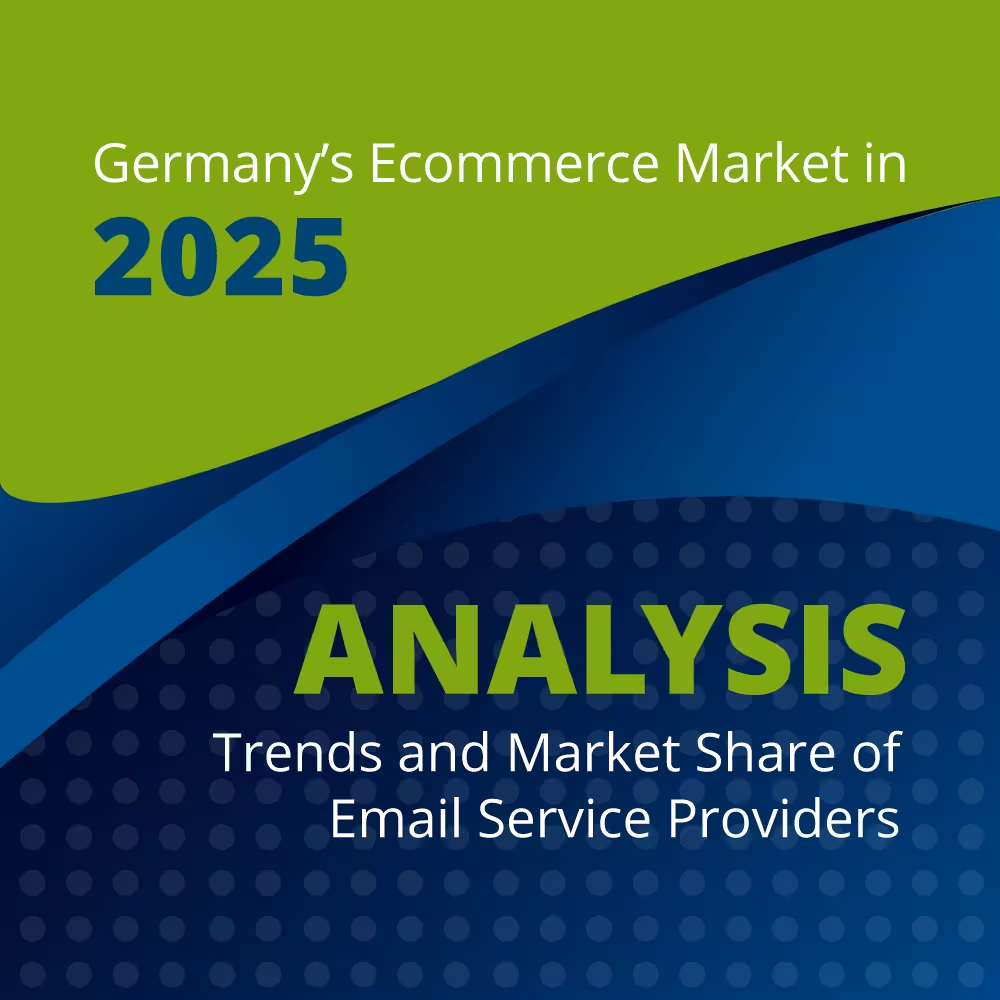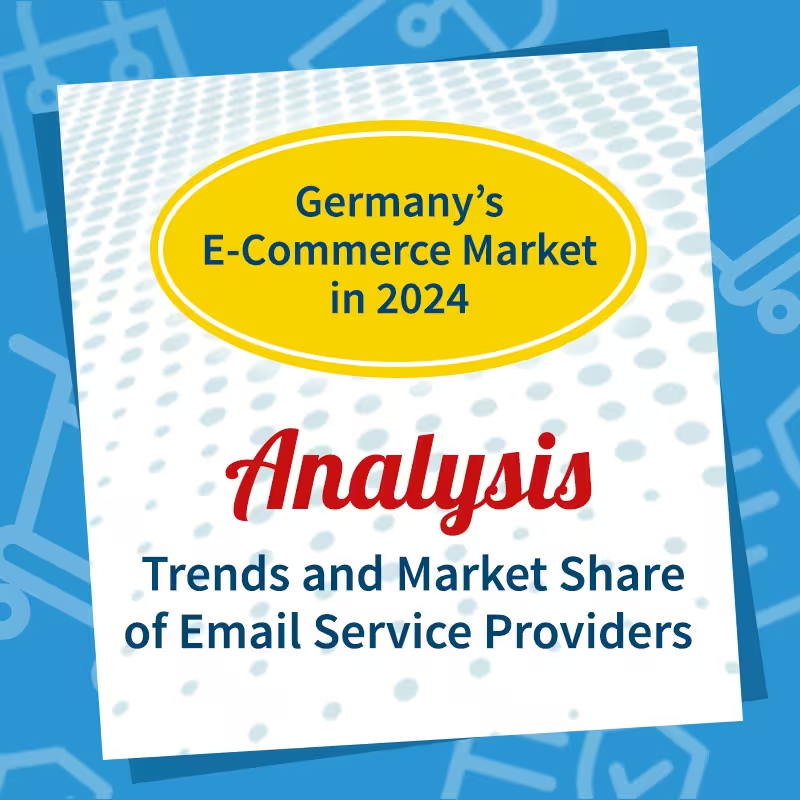Search: email opt-in. Offer: added value.
Since the General Data Protection Regulation (GDPR) came into force, advertisers are increasingly looking for effective ways to quickly and sustainably increase their — sometimes shrinking — email contact base on an organic basis. In particular, the focus is on measures that incentivize the willingness to submit an email advertising opt-in through an additional incentive — such as an opportunity to win or a specific value proposition such as a white paper.

Is it allowed to link email advertising consent to a service or competition?
We explain under which conditions such a linking of advertising consent to the receipt of a discount or service is legally permitted.
Critical: Linking contracts or services to consent
According to the GDPR, consent may be ineffective if it is linked to a contract or service and the processed data is not required to fulfill the contract. In plain language, this means that a user must not be forced to subscribe to a newsletter when making a purchase in an online shop or registering on a social media platform. Because promotional emails — in contrast to service emails — are unlikely to be necessary to process the contract. The effects of this regulation are illustrated using the example of a free competition. Normally, the terms of participation require that all participants agree to receive promotional emails. After all, the organizer is pursuing certain marketing goals with his competition. Since promotional emails are not required to provide the service (participation in the competition), this coupling is no longer permitted since the GDPR came into force.
Make opt-in coupling legally clean through an alternative form of offer
It is still unclear whether the outlined coupling ban will actually be interpreted so strictly in practice. The wording “... the circumstance must be taken into account as much as possible...” in the legislative text does not really contribute to a clear understanding. However, companies can play it safe if they offer alternatives to the user. In addition to online participation, they can offer participation by postcard in a competition that does not require consent to receive a newsletter. Because the decisive factor for the admissibility of a coupling is that the coupled power Not without alternative is bound to the email opt-in. Another variant may consist of offering a paired free offer in addition in a paid version that the user does not receive any advertising when purchased.
Pairing allowed for free downloads?
The situation is somewhat different with another popular method, namely offering downloads purely to obtain new e-mail addresses. Here, the user must enter their email address and consent to receive promotional emails, for example to receive an e-book or a video. In this case, the submission of data and consent is not linked to a transaction; it is itself part of the transaction. The consent serves as a means of payment, as it were.
Unfortunately, the European GDPR does not make any specific statements about this, so that no concrete recommendation is possible at this stage. Providers must operate in a grey area willy-nilly. Companies that want to protect themselves should also offer users an alternative here. If the user can choose whether he wants to pay with his data or with money, or whether he wants to receive the download by e-mail or — without e-mail advertising consent — by post, an illegal connection cannot be assumed.
Email consent when making a purchase in the online shop
By the way, the coupling ban under the GDPR does not apply to another, little-noticed but highly effective opportunity to obtain e-mail advertising permits in e-commerce: If certain requirements are met, shop operators may send promotional emails to all new customers whose e-mail address they receive for the first time in the checkout process without active consent. In order for this procedure to be legally stable, the shop owner simply has to comply with the requirements of Section 7 (3) of the Act against Unfair Competition (UWG) relevant here:
1. the email address was provided in connection with the sale of a good or service,
2. the address is only used for direct marketing of our own similar goods or services,
3. the customer has not objected to the use of his address and the customer was clearly and clearly informed when collecting the address and every time it was used that he can object to the use at any time
This is not a coupling in the traditional sense, nor is it a carte blanche to be able to satisfy all existing customers with advertising emails without differentiation. A lot of care is required from the shop operator when it comes to consent management and data hygiene — but if the processes are set up correctly, this variant guarantees a maximum of valid opt-ins in a legally secure manner.













